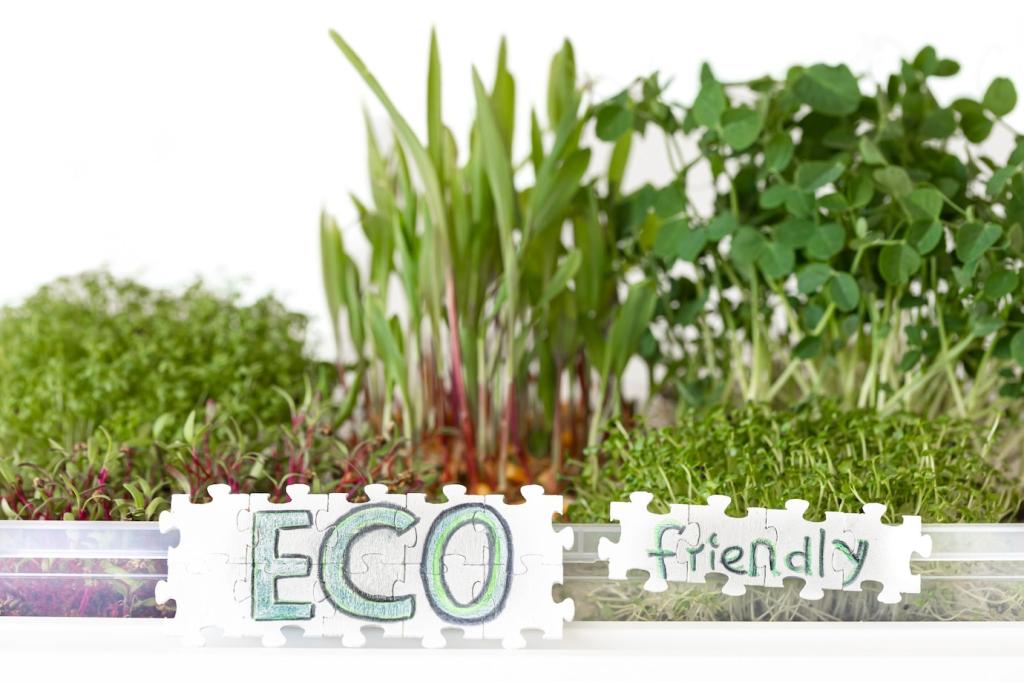
Green Accommodation Choices
Choosing eco-friendly accommodations is an important aspect of sustainable travel. Green accommodation options not only reduce your environmental footprint but also support responsible tourism and help protect local ecosystems. From energy-efficient hotels to community-focused lodges, there are many ways travelers can make environmentally conscious decisions about where they stay. This guide explores several aspects of green accommodation, highlighting the benefits, features, and unique experiences that make sustainable lodging an appealing choice for modern travelers.
Defining Green Accommodation
A green accommodation is more than just a place to sleep; it is an establishment that integrates sustainability into every facet of its operations. This involves efficient use of water and energy, sustainable sourcing of materials, effective waste management, and minimizing the impact on the surrounding environment. Many green properties seek certifications such as LEED, Green Key, or EarthCheck, which require adherence to stringent environmental standards. By understanding these criteria, travelers can better identify accommodations that are genuinely committed to eco-friendly practices, rather than simply engaging in greenwashing.
The Benefits of Sustainable Stays
Choosing eco-friendly accommodations has far-reaching positive effects. Environmentally responsible lodgings often use renewable energy sources, promote water conservation, and adopt effective recycling programs. This reduces greenhouse gas emissions and lowers pressure on local resources. For travelers, sustainable stays often provide a more health-conscious atmosphere, featuring natural materials, non-toxic cleaning products, and fresh, locally sourced food. Moreover, green properties tend to foster a greater sense of connection between guests and local cultures, amplifying the travel experience while safeguarding the destination for future generations.
Recognizing Genuine Eco-Certifications
With the growing demand for sustainability in travel, many properties claim to be eco-friendly. To make informed decisions, travelers should look for credible certifications that validate a property’s environmental efforts. Recognized standards, such as the Global Sustainable Tourism Council (GSTC), Green Globe, or EcoHotel, require properties to meet rigorous criteria in areas like energy efficiency, waste reduction, and community engagement. By learning to recognize these certifications, guests can ensure that their accommodation choices truly benefit the planet and local communities rather than merely offering superficial green features.
Features of Environmentally Responsible Lodging
Sustainable lodging options are distinguished by their innovative energy and water conservation strategies. These may include solar panels, geothermal heating, or the use of energy-efficient lighting and appliances. Rainwater harvesting systems, low-flow fixtures, and greywater recycling help significantly reduce water consumption. By opting for such accommodations, guests indirectly support the reduction of fossil fuel dependence and the preservation of valuable water resources. Properties often report dramatic decreases in their environmental footprint through these technologies, showcasing how eco-innovation directly benefits both the business and the planet.
Unique Experiences at Sustainable Properties
Many eco-lodges and sustainable retreats are located in remote or pristine environments, such as rainforests, mountains, or coastal reserves. These locations allow guests to experience unspoiled wilderness up close, with opportunities for wildlife watching, guided nature walks, or stargazing. The design of green accommodations frequently reflects a respect for the local landscape, featuring architecture that harmonizes with the natural setting and leaves a minimal environmental footprint. This immersive experience can inspire a profound appreciation for the natural world and a commitment to its protection.
Sustainable accommodations often prioritize collaboration with local communities, providing cultural exchange opportunities for guests. This might involve guided tours led by local experts, hands-on workshops in traditional crafts, or participation in community initiatives. Guests gain authentic insights into the customs, stories, and challenges of the places they visit, fostering cross-cultural understanding. At the same time, accommodation providers contribute to local economic development, ensuring that tourism is a force for good in the region.
Green properties frequently promote wellness and mindful living, creating spaces that encourage relaxation and connection to oneself and the environment. This can include organic spa treatments, yoga in natural settings, meditation gardens, or chemical-free swimming pools. The use of environmentally friendly building materials and air purification methods further enhances guest well-being. Sustainability and personal health are intertwined, and green accommodations embody this philosophy through thoughtfully designed amenities and activities that nurture both people and the planet.
